
An team of astronomers has identified an unusual planetary system around the red dwarf star LHS 1903, whose observations challenge conventional models of planetary formation. Measurements made by the CHEOPS satellite of the European Space Agency (ESA) revealed an arrangement of planets that contradicts the expected typical structure, Science News reports.
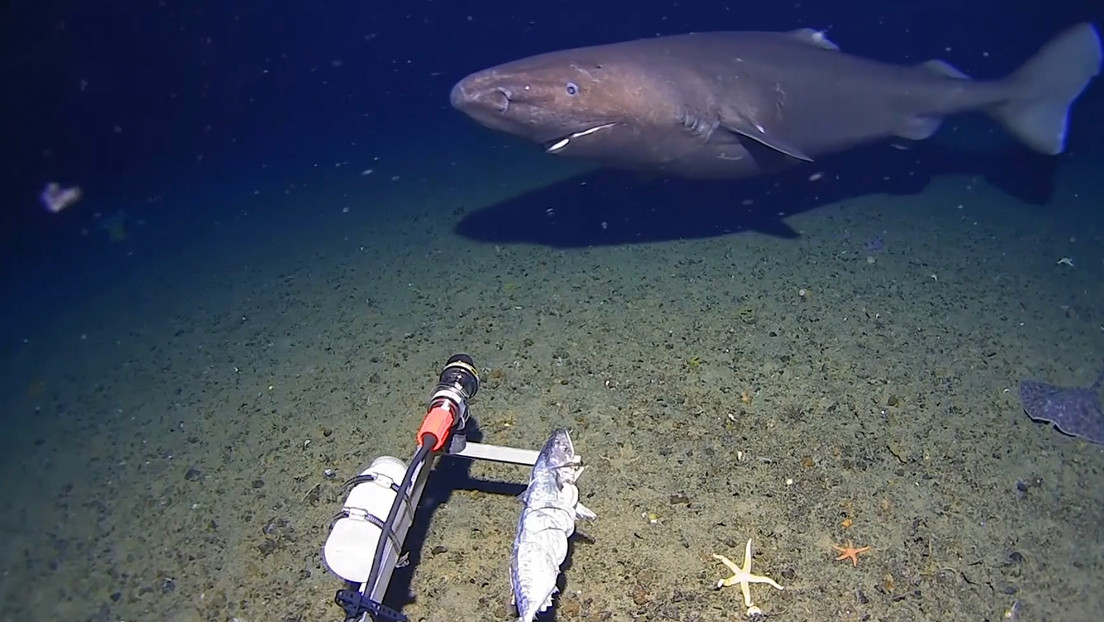
A team of scientists from the University of Western Australia has captured on video for the first time a shark in the deep, icy waters of Antarctica, challenging the belief that sharks do not inhabit that region, reports AP.

A long-term study has found that moderate caffeine consumption is associated with a lower risk of dementia and slower cognitive decline, the journal JAMA published
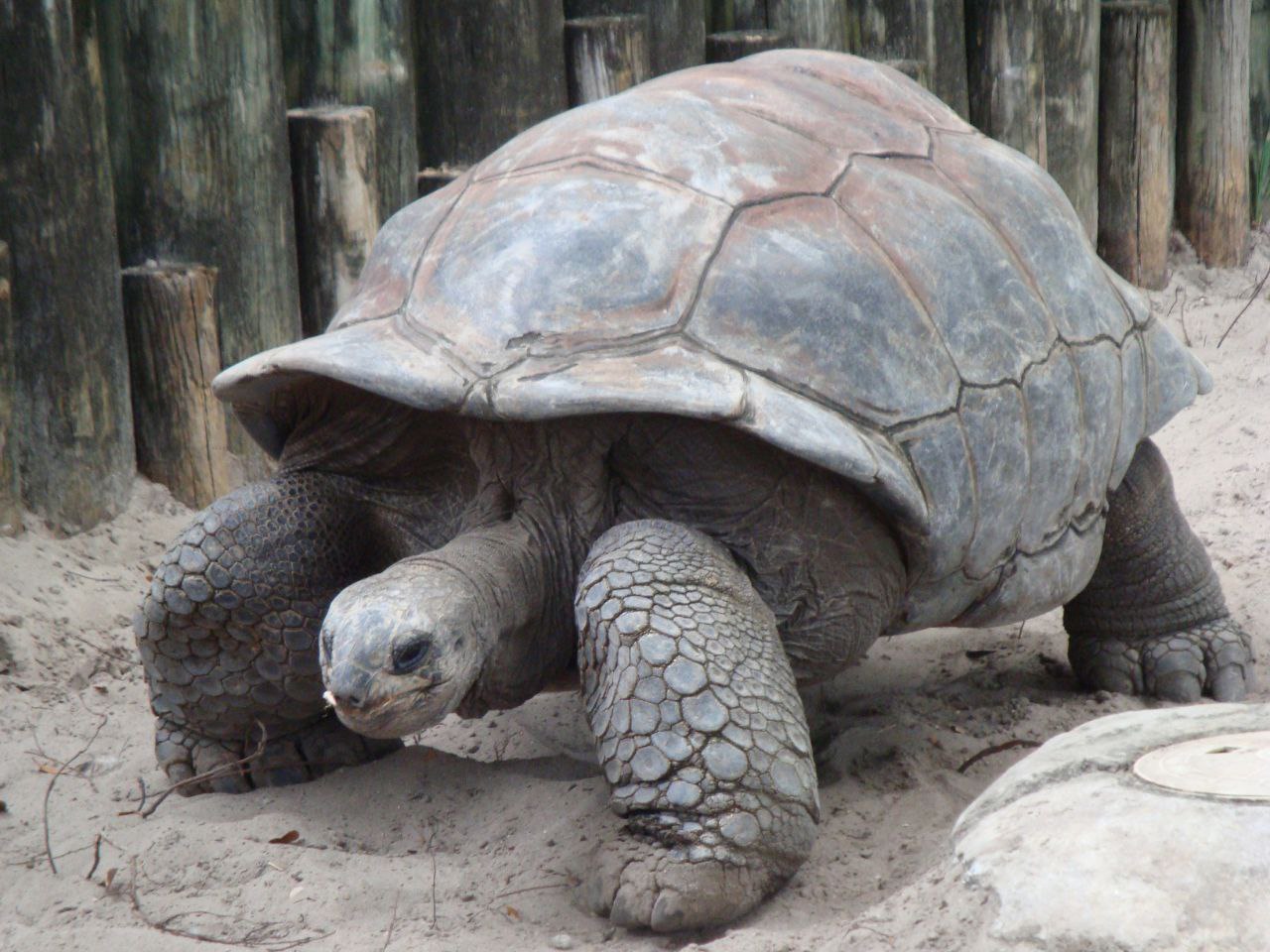
The discovery of remains referable to the extinct turtle Chelonoidiscubensis, from a cave in Gibara, Holguín, is recorded. The recovered specimens are slightly mineralized.
The deputy scientific director of the Institute of Bioorganic Chemistry of Russia, Ilia Yampolski, explained today that the center's researchers created luminous plants for the first time using genes from fungi.
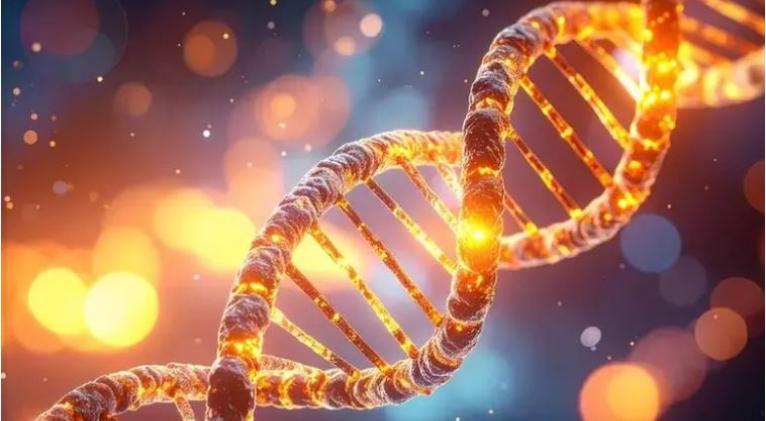
United States, Feb 1 – Human life expectancy is hereditary by at least 50%—much more than previously believed.
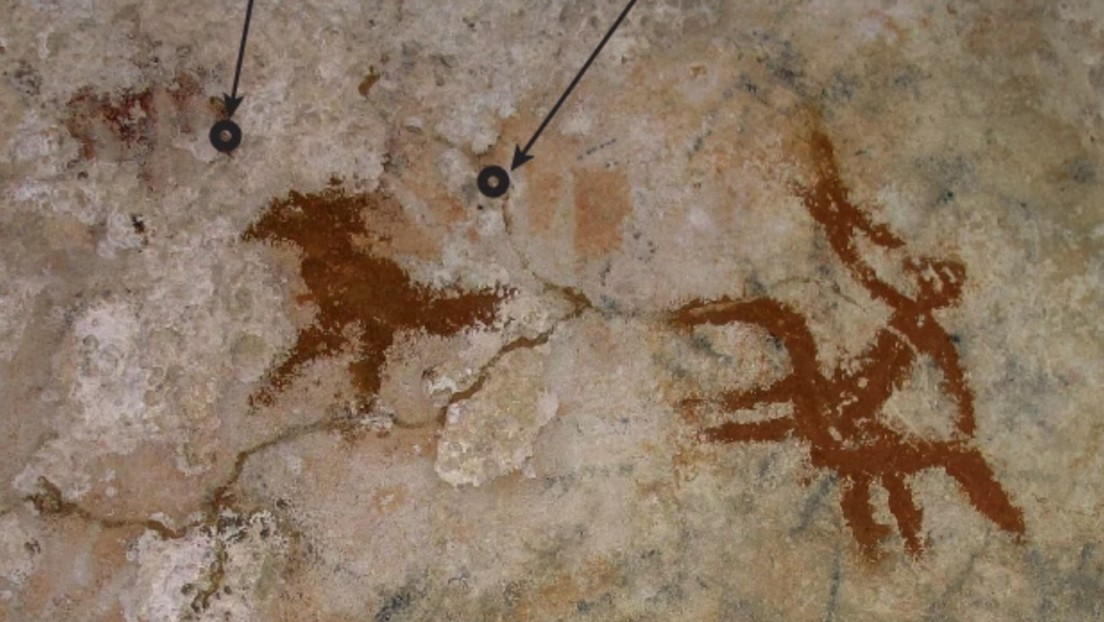
Indonesia, located in Southeast Asia and Oceania, solidifies itself as an epicenter of the origins of humanity's creative expression. An international team of scientists has identified a hand stencil on the island of Sulawesi (also known as Celebes) with an age of at least 67,800 years.
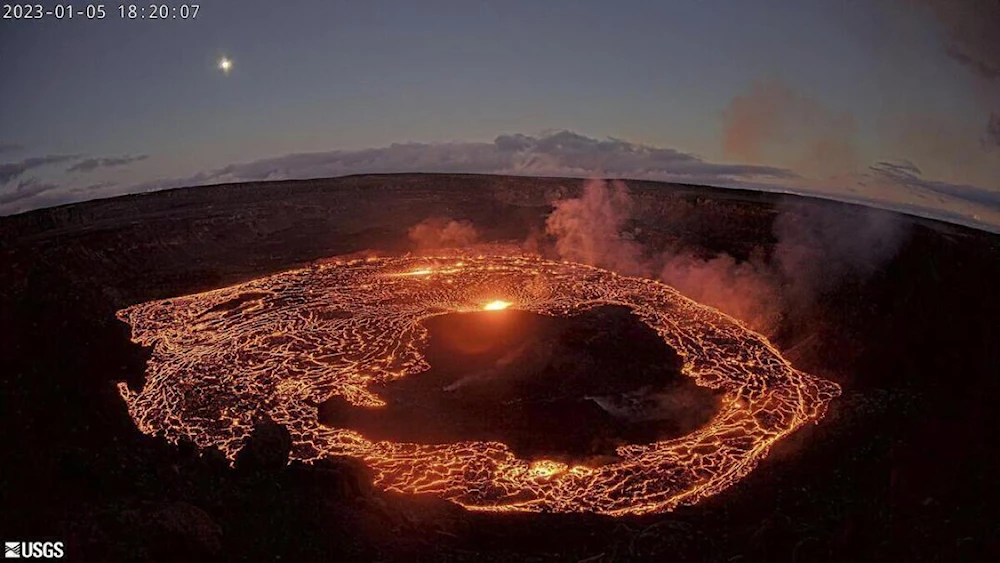
The eruption of the Hawaiian Kilauea volcano produced lava fountains reaching 480 meters in height during its 41st episode of activity.

One of the world's most famous archaeologists and former Egyptian Minister of Tourism and Antiquities, Zahi Hawass, hopes to discover the tomb of the famous Queen Nefertiti before he retires and says he is close to achieving it.

Rome, Jan 14.- A team of Italian archaeologists discovered, in excavations carried out in the Roman neighborhood of Pietralata, a place of worship, from the 2nd century BC (BC), presumably dedicated to Hercules, a statement said today.
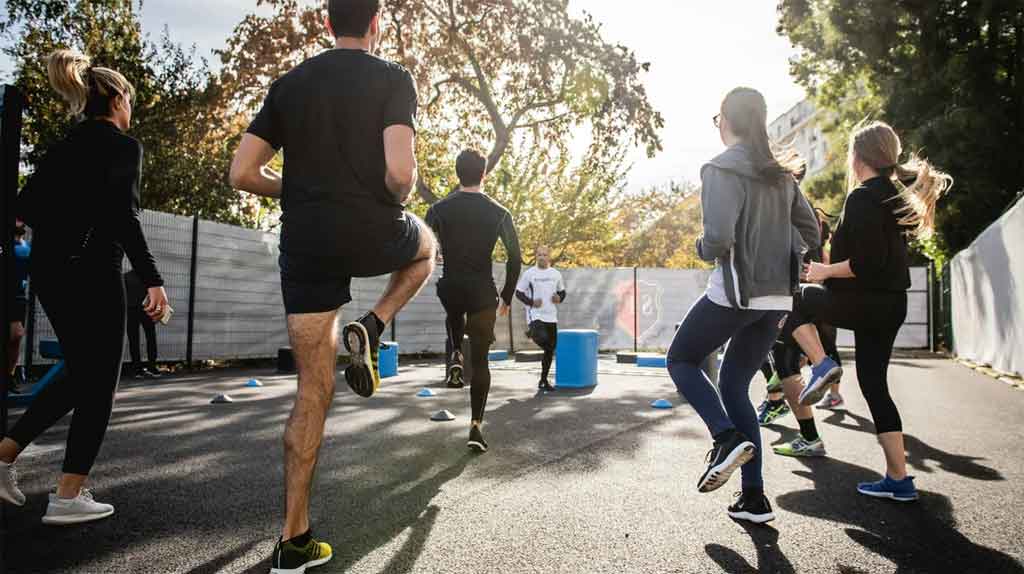
Exercise is a safe and accessible option to help manage depression symptoms, according to a study released today, based on a review of 73 trials involving 5,000 adults.
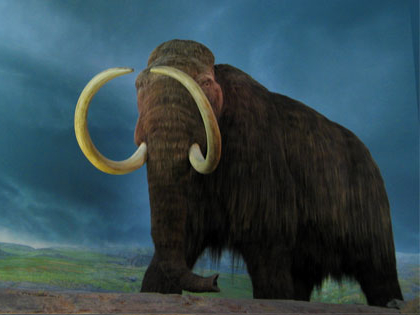
Scientists from Tomsk State University in Russia discovered record levels of a stable nitrogen isotope in the teeth of woolly mammoths from Siberia, the online magazine Nauka.mail recently reported.